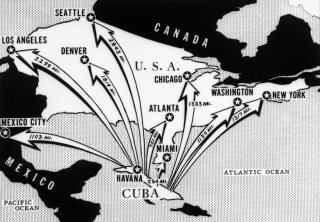 ○○○
1962.08 ⪢⪢
○○○
1962.08 ⪢⪢
The Cubans and Soviets began secretly establishing sites to launch nuclear missiles from Cuba. With the use of these missile bases, the Soviet Union could have first strike capability against the United States.
→ site
20284#20287
SIBLINGS
CHILDREN
20287
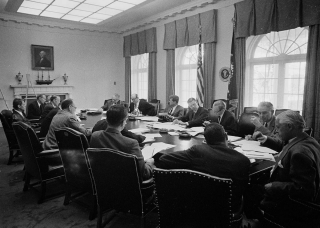 ○○○
1962.10.15 ⪢⪢
○○○
1962.10.15 ⪢⪢
The United States discovered the existence of these missiles. President John F. Kennedy and his advosers considered several different strategies ranging from diplomacy to a blockade or even a full-scale invasion of Cuba.
20284#20288
SIBLINGS
CHILDREN
20288
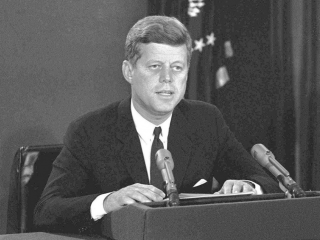 ○○○
1962.10.22 ⪢⪢
○○○
1962.10.22 ⪢⪢
Kennedy announced the threat to the nation causing panic and turmoil across the country. Throughout the next several days, the crisis continued to escalate as both sides refused to back down.
20284#20290
SIBLINGS
CHILDREN
20290
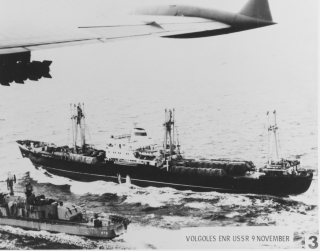 ○○○
1962.10.25 ⪢⪢
○○○
1962.10.25 ⪢⪢
On October 25th, the blockade was challenged for the first time. Soviet ships approached the quarantine zone but American ships held their ground. The Soviet vessels were forced to turn back and the blockade continued.
20284#20292
SIBLINGS
CHILDREN
20292
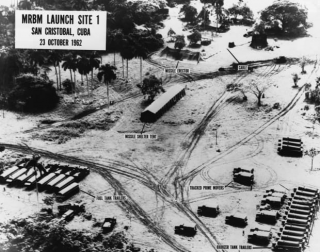 ○○○
1962.10.25 ⪢⪢
○○○
1962.10.25 ⪢⪢
On that same day, the US embassadar to the United Nations, Adlai Stevenson, confronted the Soviets in the UN assembly revealing photographic evidence that forced the Soviet Union to admit the missile bases existed.
20284#20293
SIBLINGS
CHILDREN
20293

-

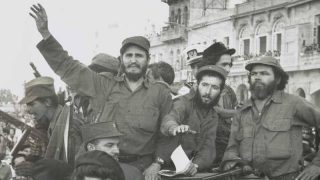 ○○○
1959 Fidel Castro took control of the island nation of Cuba ⪢⪢
○○○
1959 Fidel Castro took control of the island nation of Cuba ⪢⪢
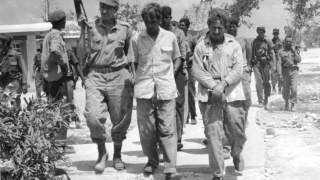 ○○○
1961.04 The United States made an attempt to remove Castro from power. ⪢⪢
○○○
1961.04 The United States made an attempt to remove Castro from power. ⪢⪢
 ○○○
1962.08 ⪢⪢
○○○
1962.08 ⪢⪢
 ○○○
1962.10.15 ⪢⪢
○○○
1962.10.15 ⪢⪢
 ○○○
1962.10.22 ⪢⪢
○○○
1962.10.22 ⪢⪢
 ○○○
1962.10.25 ⪢⪢
○○○
1962.10.25 ⪢⪢
 ○○○
1962.10.25 ⪢⪢
○○○
1962.10.25 ⪢⪢
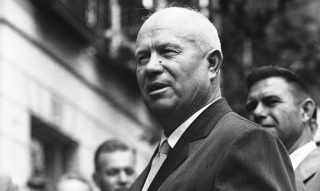 ○○○
1962.10.28 The crisis finally ended on October 28th, 1962 ⪢⪢
○○○
1962.10.28 The crisis finally ended on October 28th, 1962 ⪢⪢